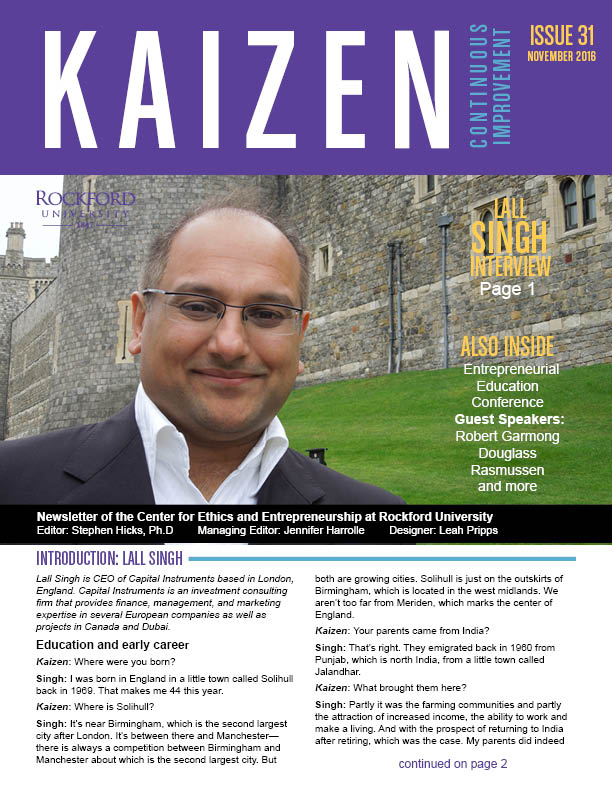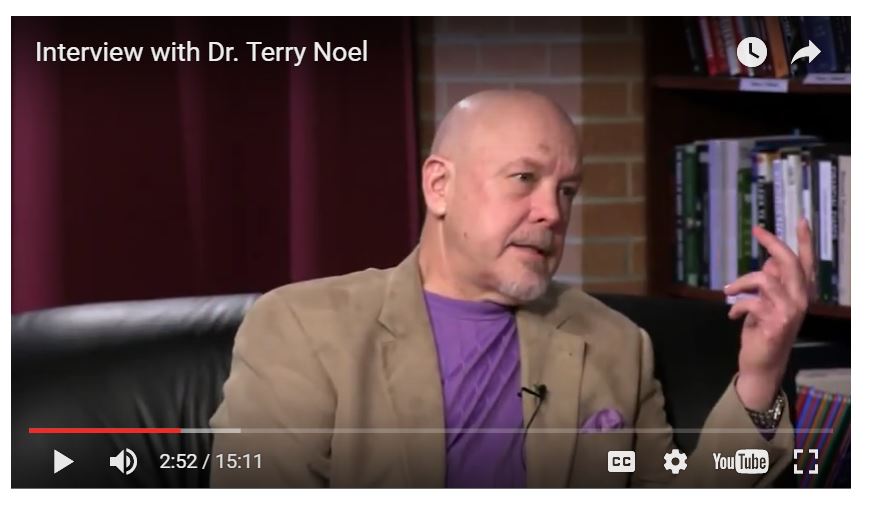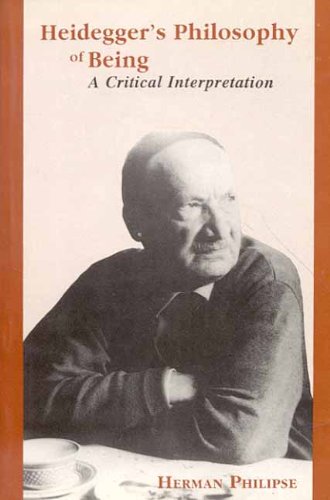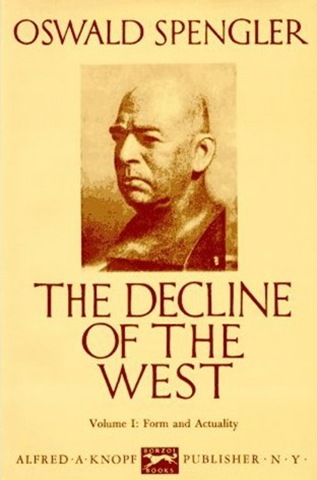Do entrepreneurs need formal education? Lall Singh answers
On the value of formal education for entrepreneurs, British entrepreneur Lall Singh says this: “Formal education is the way to go. You have to load yourself with the key thinking. I found that originally—and this was having qualified as an accountant—you’ll still find yourself blinkered in the market because you don’t understand the marketing aspects; […]
Do entrepreneurs need formal education? Lall Singh answers Read More »







